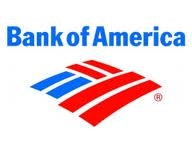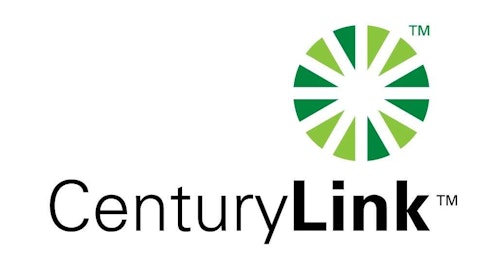The Credit Card Act of 2009 brought about sweeping changes in the credit card industry. You only have to look at the whiplash-inducing shifts in focus from credit cards to debit cards to prepaid cards to realize banks are still finding their footing.
Among the many provisions in the Credit Card Act was a regulation regarding how banks could target students on college campuses. Banks could no longer give out freebies such as Frisbees or T-shirts, were banned from holding tabling events, and had to require a co-signer for a credit card application for customers under age 21. The act also made the lucrative agreements banks had with campuses subject to public disclosure.

But credit cards aren’t the only financial products college students use. From identification cards linked to debit accounts for meal plans to mandatory accounts for receiving and retrieving loans and grants, students are faced with a myriad of sometimes complicated products both while in school and as alumni.
The Consumer Financial Protection Bureau recently launched an investigation into whether these products serve the best interests of the students involved. The government agency is particularly interested in rates and fees. The investigation comes mere months after the settlement of two large banks for unfair and deceptive lending practices.
In 2011 (the latest figures available), 21 banks had a total of 798 agreements on campus. This is a slight decline from 2010, when 22 banks had a total of 1,005 agreements in place. In 2011, banks received in excess of $62.4 million in payments from these agreements (down from $73.4 million in 2010).
Some of these agreements yield little profit for the banks. The seven credit unions participating in campus agreements all made less than $1 million on the deal. And the $1 million is the extreme case — one made $29, another $270.
Superbank me
But the large banks did a little better. Capital One Financial Corp. (NYSE:COF) had 31 agreements, opened 3,246 accounts, and made more than $1 million in 2011. JPMorgan Chase & Co. (NYSE:JPM) had 17 agreements, had close to 96,000 new accounts as a result of the agreement, and made nearly $7.7 million. Barclays PLC (ADR) (NYSE:BCS), with its one agreement, opened 8,845 new accounts and made $1 million in 2011. PNC Financial Services (NYSE:PNC) only made $200,000 off its one agreement.
More important than the revenue from any one year is the revenue banks will make from customers over their lifetime (or relationship with the bank.) Although $7.7 million is a drop in the bucket of Chase’s annual revenues, those 96,000 new accounts is nothing to laugh at. College students with their first credit card become first-time homebuyers with their first mortgage or drivers with their first car loan.
The bank that seems to understand this more than any other is Bank of America Corp (NYSE:BAC) . Its subsidiary, FIA Card Services, has a whopping 633 agreements with colleges across the country, accounting for 1.26 million new customer accounts in 2011 and $44.7 million in revenue.
The Foolish bottom line
On-campus marketing is nothing new. College students are consumers in the making. But predatory lending practices targeting young students who aren’t savvy enough to realize the many hidden fees or fine print that can come along with a financial product — and colleges that make them part of daily life — can have disastrous long-term consequences for individuals just beginning to build credit.
But conducting investigations and crafting and implementing any subsequent regulations constitute a lengthy process. If there’s anything we’ve learned over the past few years, it’s the large banks that have an almost uncanny ability to bob and weave around whatever consumer advocates throw at them and remain virtually unscathed.
The article Will Banks’ Bottom Lines Suffer From a Campus Crackdown? originally appeared on Fool.com and is written by Molly McCluskey.
Molly McCluskey has no position in any stocks mentioned. Follow her on Twitter @MollyEMcCluskey. The Motley Fool owns shares of Bank of America, JPMorgan Chase, and PNC Financial Services (NYSE:PNC).
Copyright © 1995 – 2013 The Motley Fool, LLC. All rights reserved. The Motley Fool has a disclosure policy.





